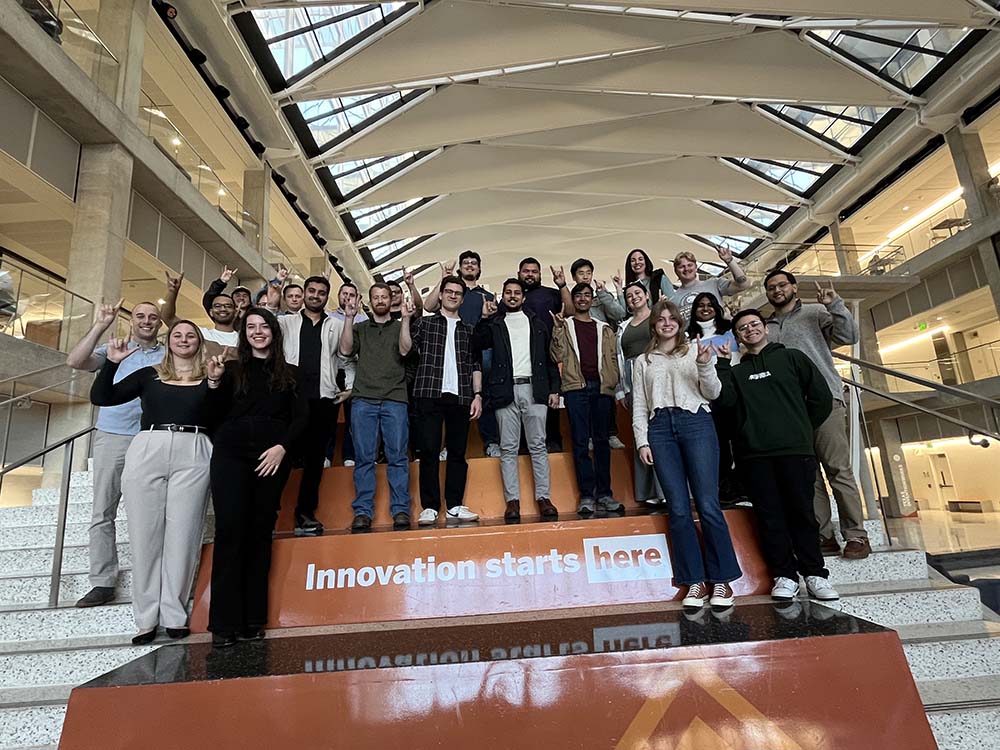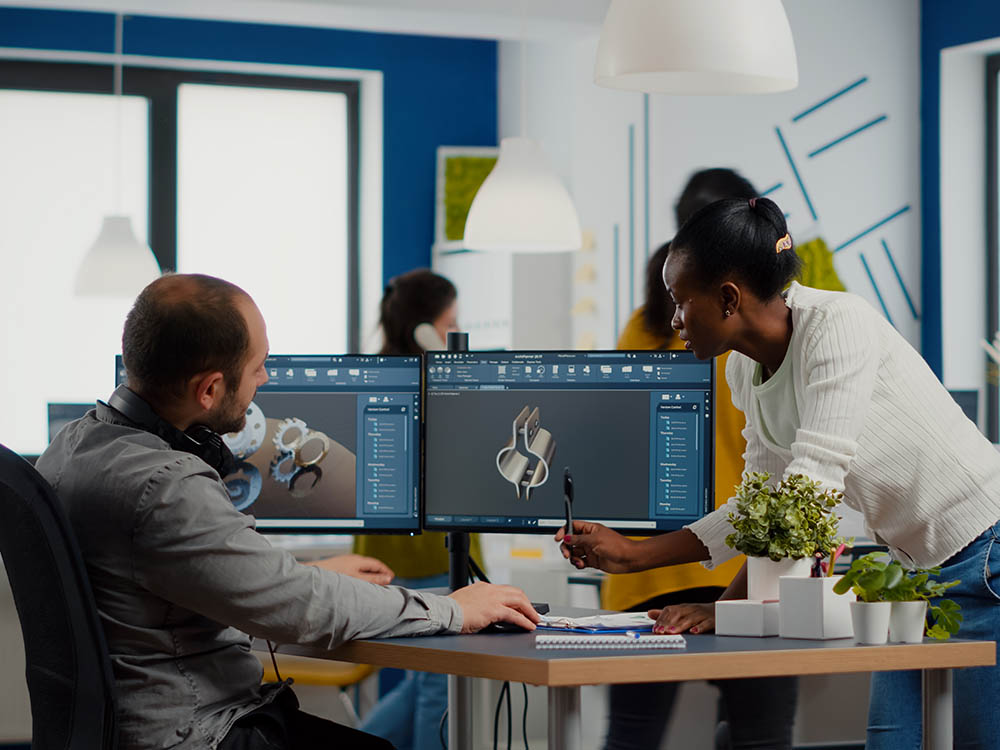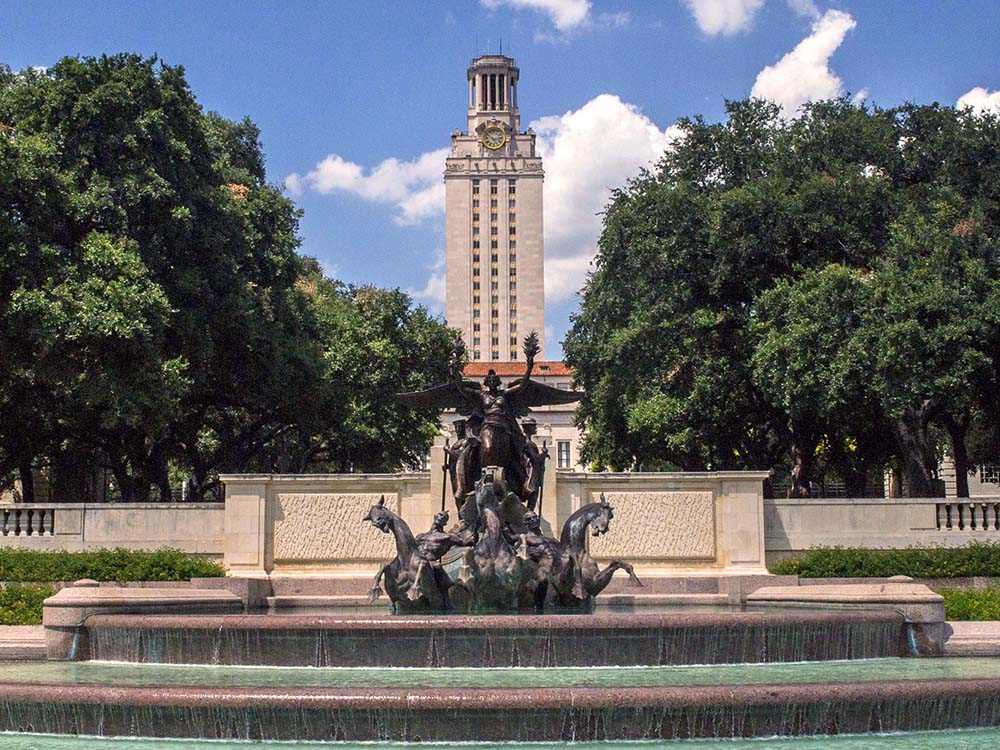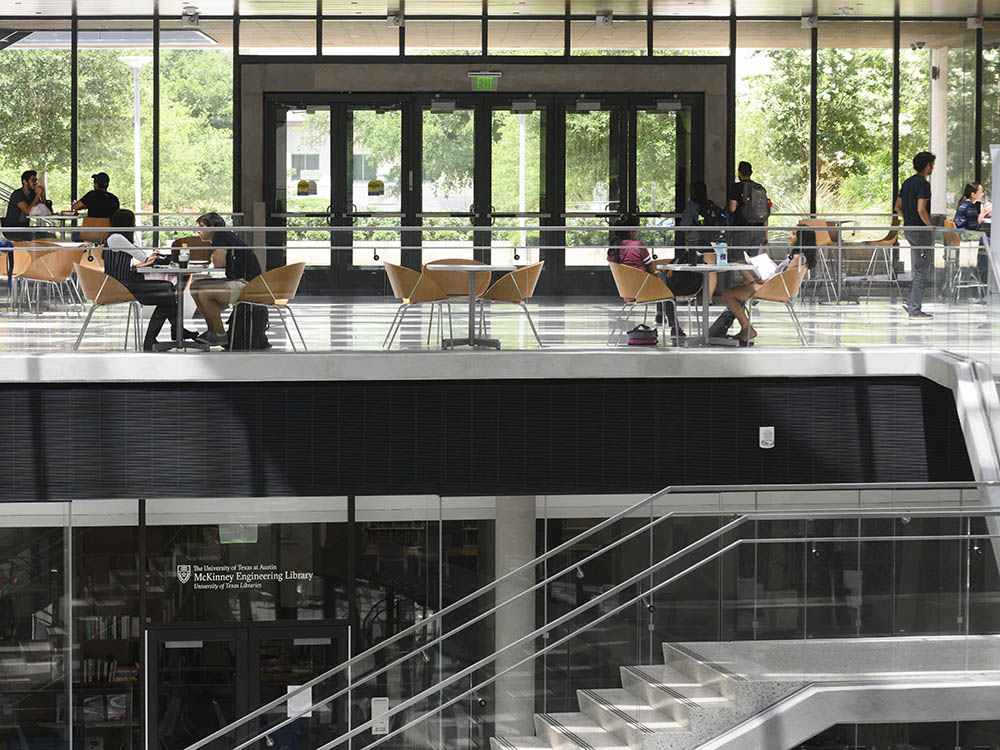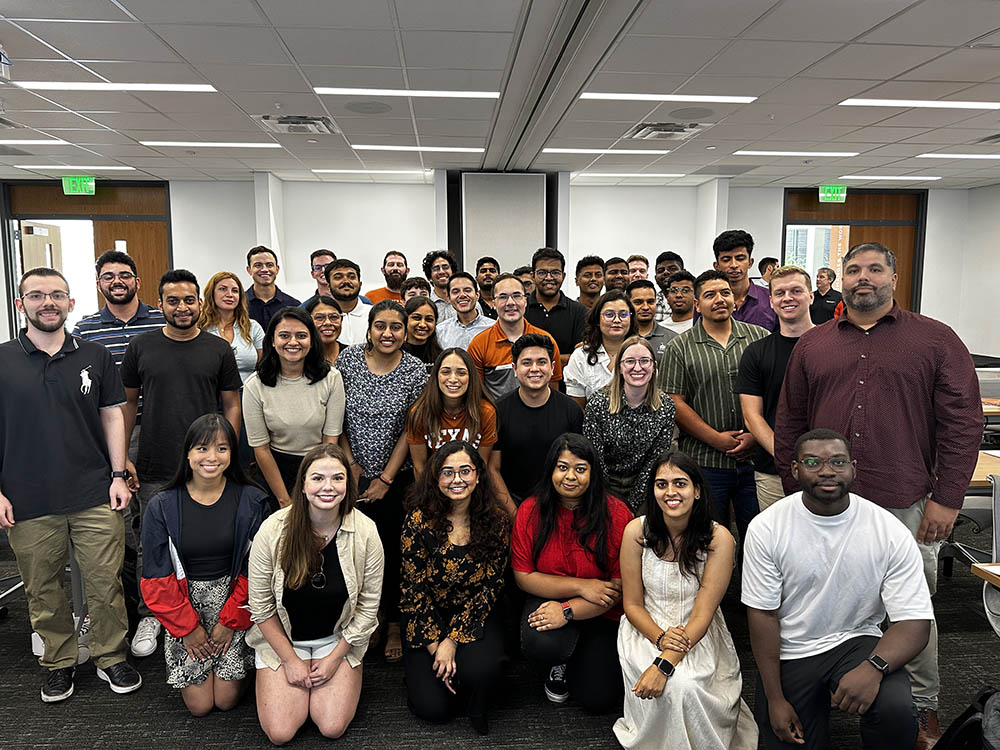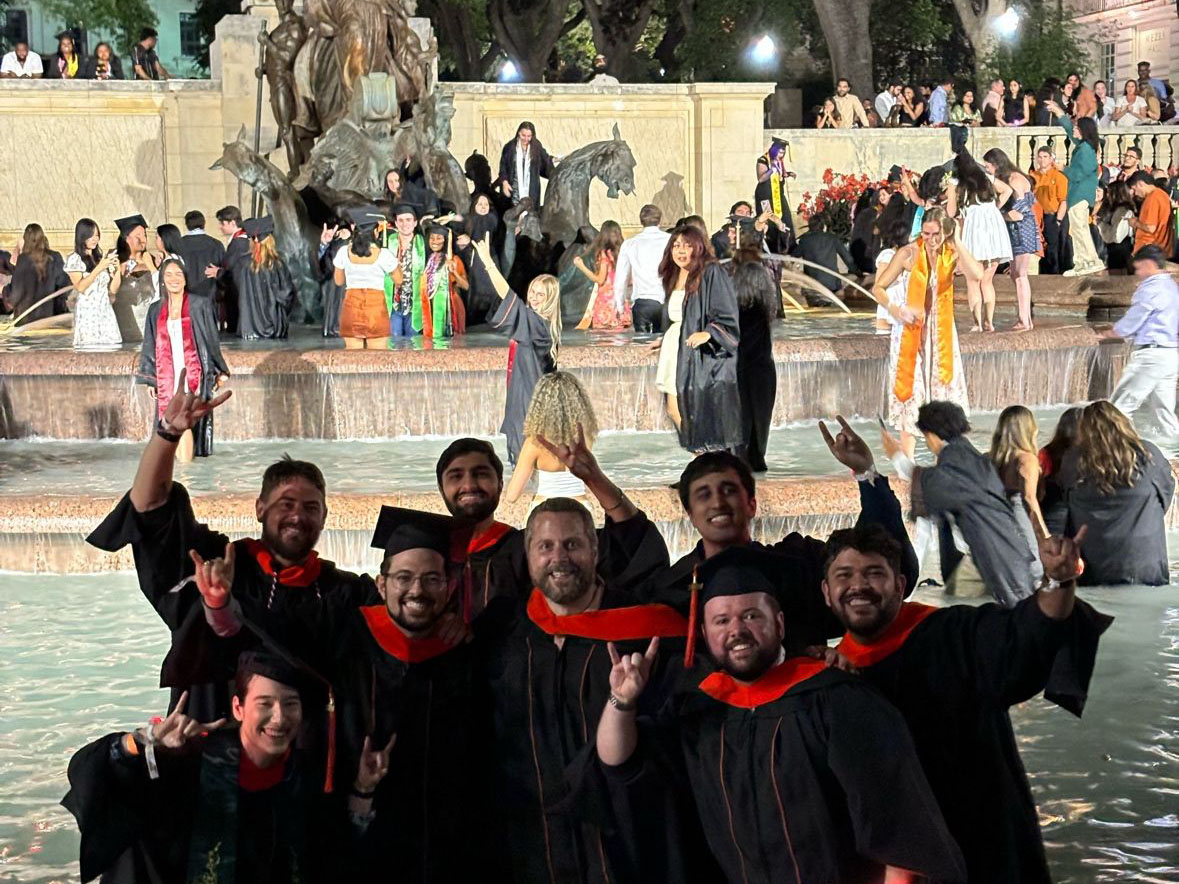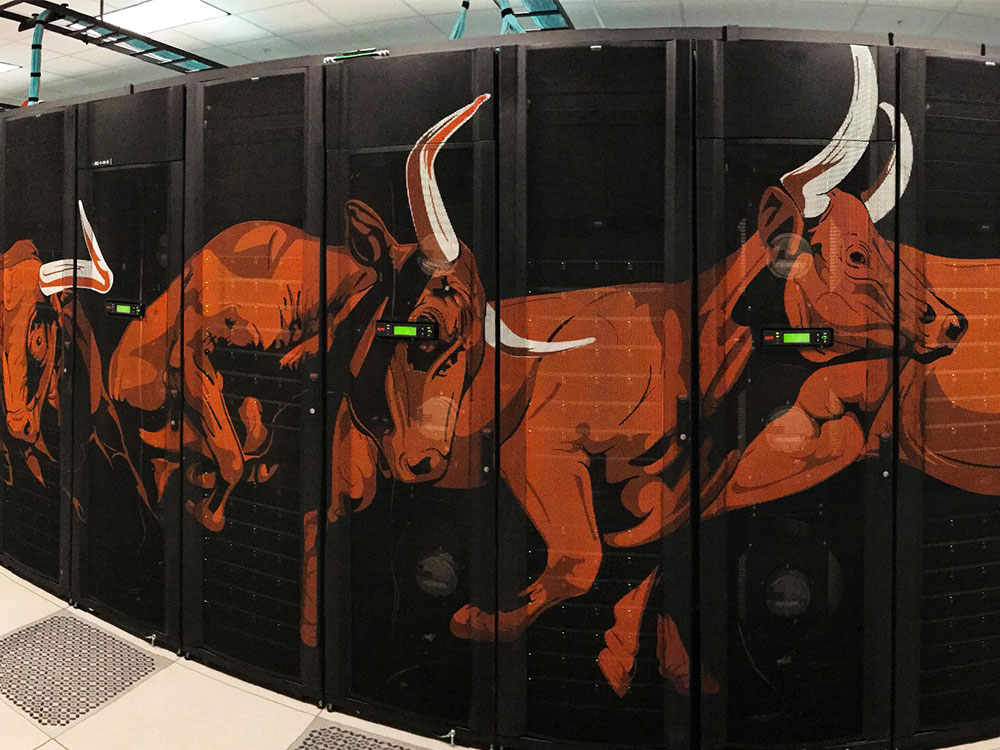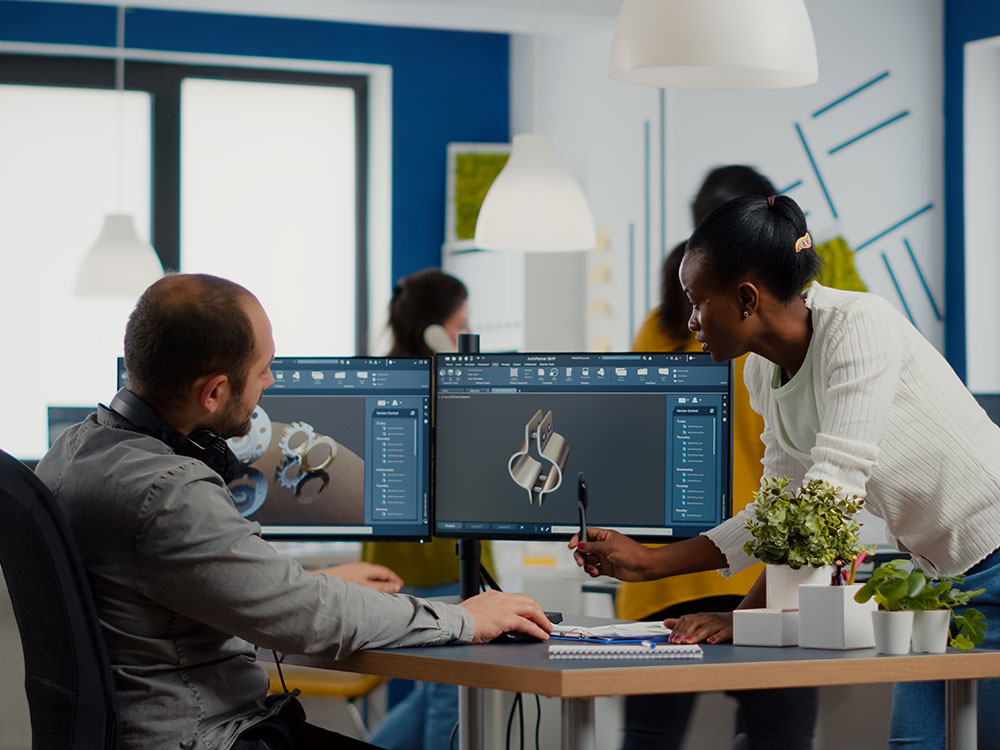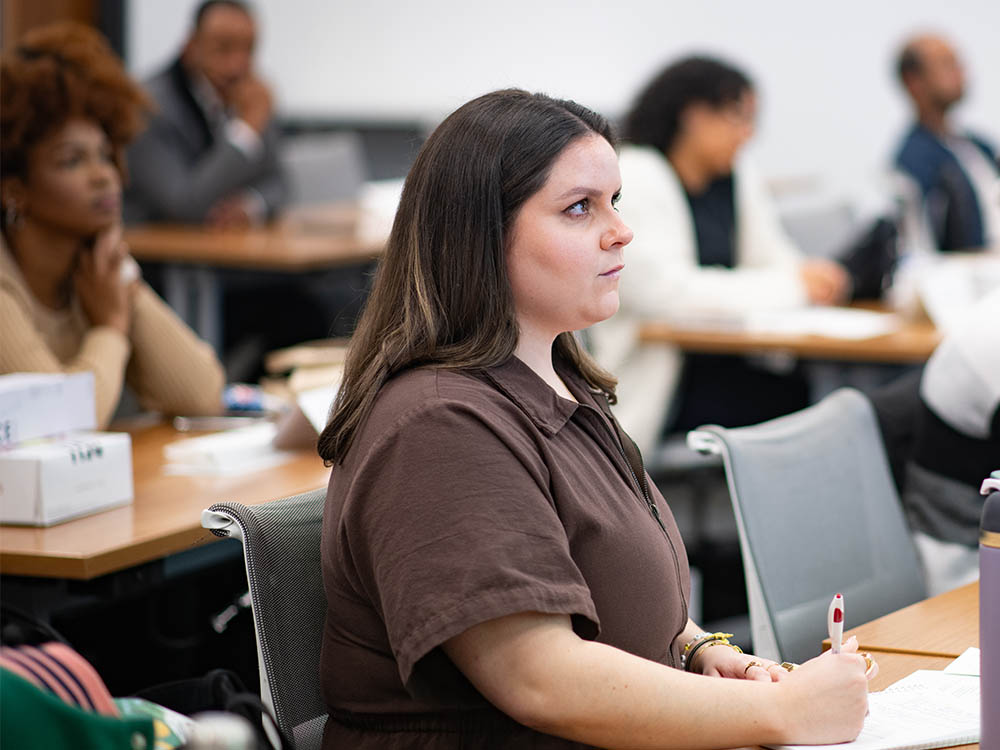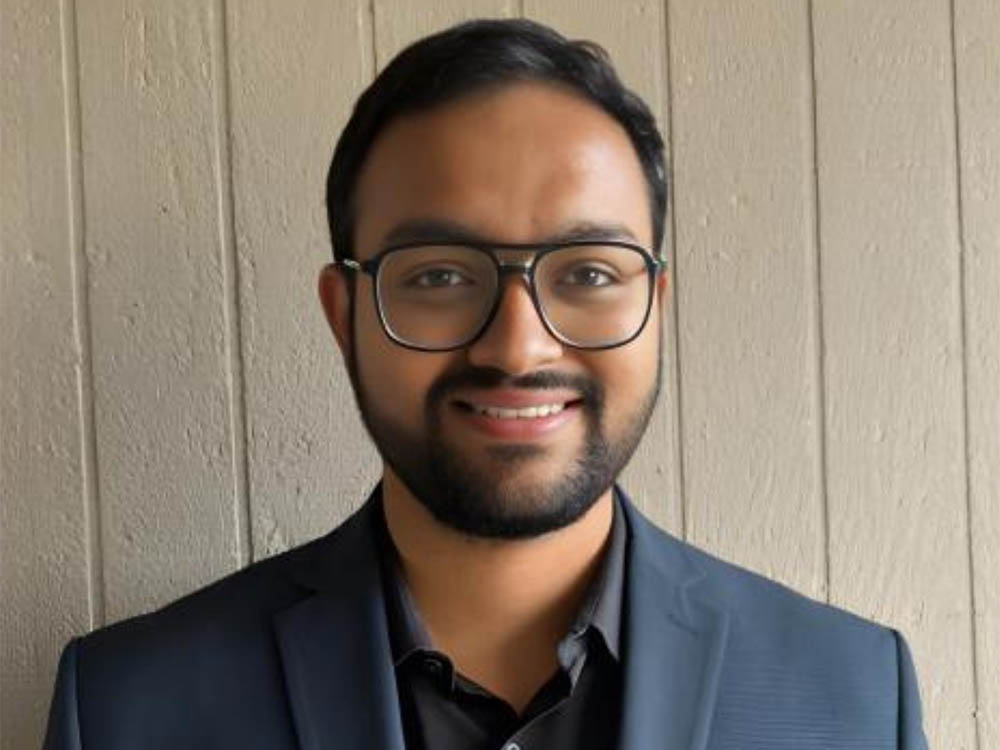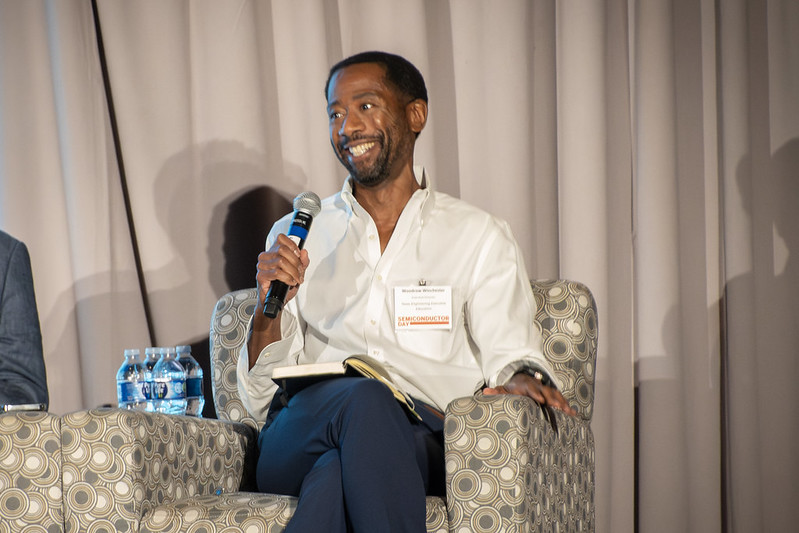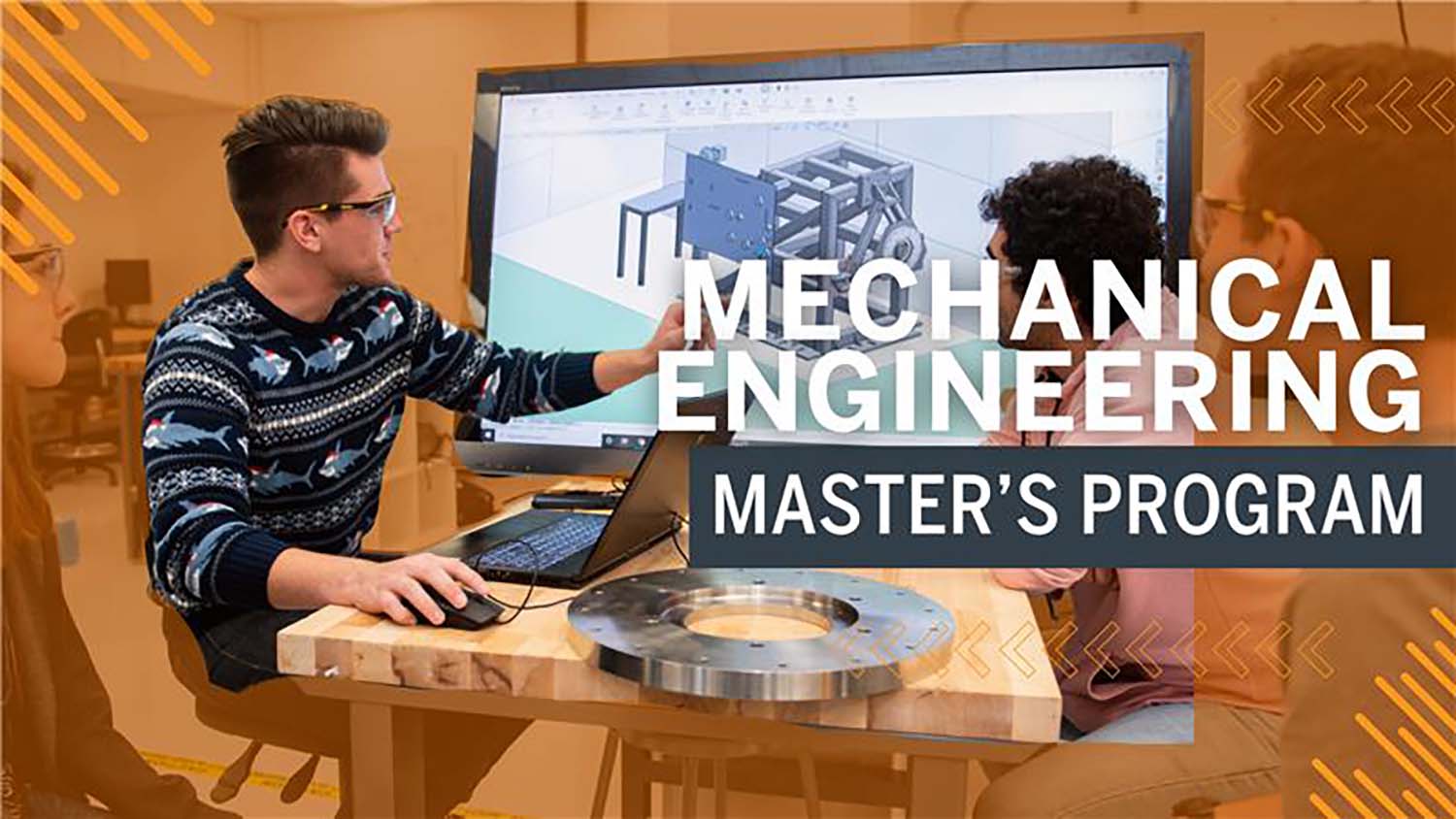
Online Master's Degree in Mechanical Engineering Designed for Busy Professionals
The University of Texas at Austin (UT) Cockrell School of Engineering offers two 100 percent online mechanical engineering graduate programs that combine top quality content and maximum flexibility. The course curriculum and faculty teaching in the programs are directly aligned with the UT Walker Department of Mechanical Engineering, one of the nation’s top mechanical engineering programs.
Program Highlights
- Learning modules provide challenging materials, using online delivery best practices and featuring experiential learning capabilities.
- Comprehensive courses are updated regularly to reflect industry trends and challenges and reflect same content taught on campus.
- The Cockrell School of Engineering is ranked the No. 8 best graduate engineering school in the country and is the academic home of approximately 2,000 graduate students.
Master of Science in Engineering Degree (Mechanical Engineering)
- Non-thesis program encompasses 30 credit hours and 10 curated courses, designed to take two years to complete.
- Graduates receive the same Master of Science (MSME) degree awarded by the traditional, full-time program.
- Convenient online format focuses on industry-relevant course content immediately applicable to working engineers.
Mechanical Engineering Controls Graduate Certificate
- Certificate program is 100 percent online and asynchronous, featuring three courses/nine credit hours.
- Course content focuses on the control and optimization of processes and systems.
- This option provides an affordable, fast track for engineers to hone their professional abilities and expand career opportunities.
Hear from our Alumni
The courses focused on synthesizing information and systems, which has already been invaluable in my current position. I believe that combining of multiple views, interpretations, design considerations, etc., is critical for solving global issues. I look forward to applying what I’ve learned as I begin work in the clean energy sector.
-Thomas Edward Blackwood, Graduate, May 2023
I am an applications engineer at Baker Hughes and I believe this degree will help me stand out among my work colleagues and more doors will open for me. The professors and TAs have been very helpful. It has been a stressful two years, but the amount of knowledge and achievements already made it so worth it!
-Maxine Xiao Wong, Graduate December 2023
Ready to Lead at the Forefront of Engineering?
Apply now to become a pivotal part of the evolving engineering landscape or request more information to discover how the University of Texas at Austin can be the key to your future success.
| Apply Now | Apply Now by selecting "Mechanical Engineering-Option III" in the drop-down menu. |
Application Deadlines
Fall: June 1st
Spring: November 1st
Completed applications and supporting materials must be received by the above dates to be considered for admission.
WANT TO LEARN MORE?
Speak with our Admissions Expert
For additional information on our graduate master's degree programs, please contact a

